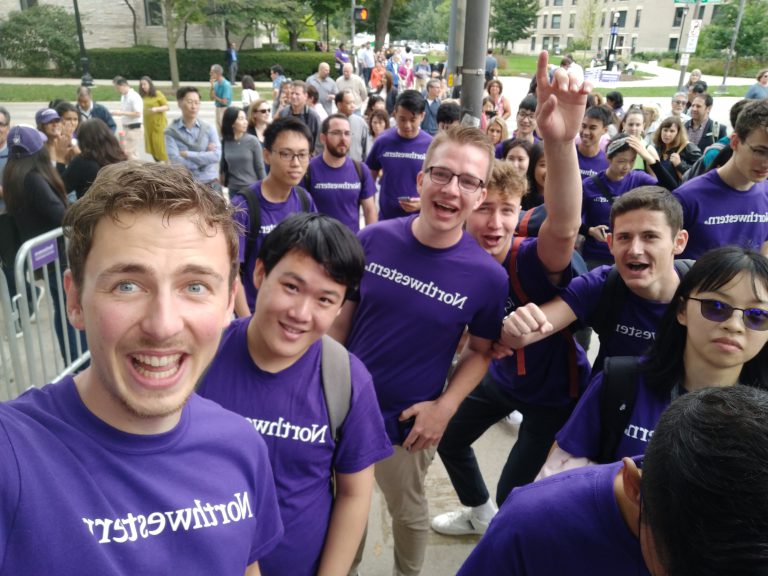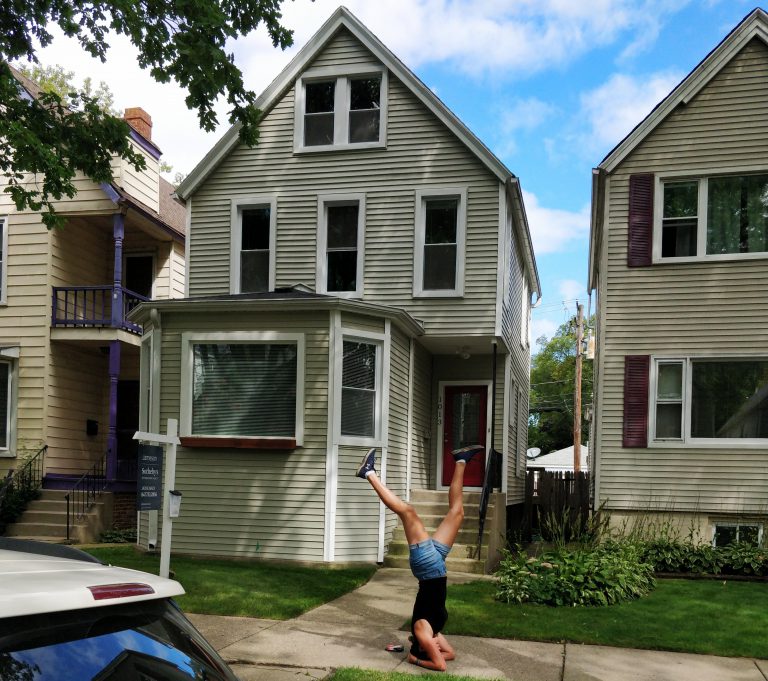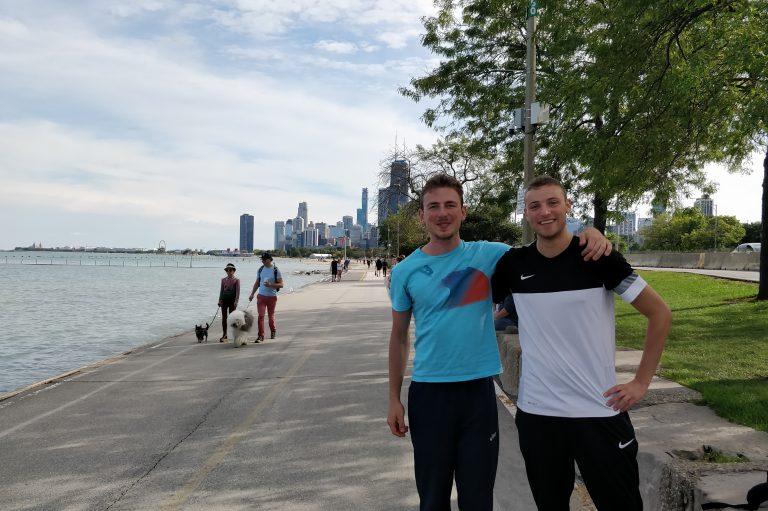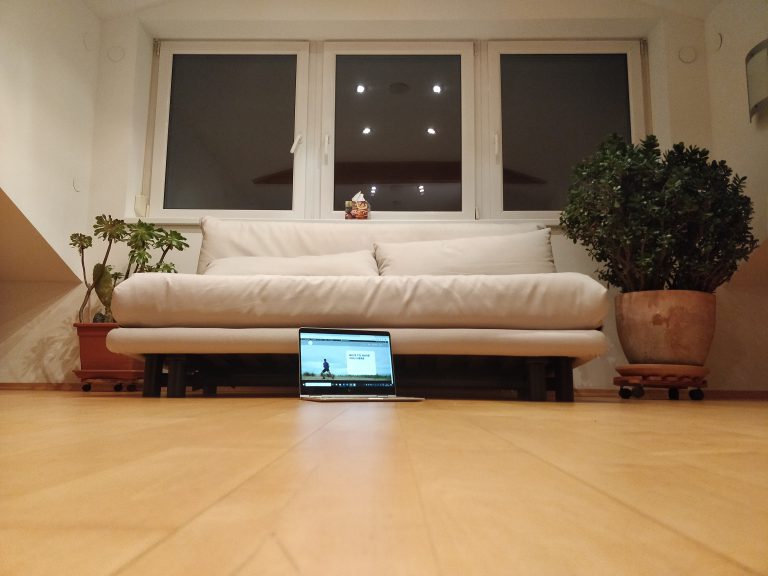“Are you
looking forward to leaving?”
To be honest, I’m not. There are so many things left to discover in the US, so
many adventures left to be lived. Still, I’m looking forward to going home. Of
course, I need to leave in order to return to Germany, but it’s not the
leaving itself I’m excited about. What’s more, I feel slightly uneasy when thinking
about my plane landing in Munich. While I’m happy to see my friends and family again,
something is disturbing my excitement. It’s the fear of returning.
Usually, people are afraid of the unknown. We humans try to avoid foreign cultures, meeting strangers and dealing with unusual circumstances. It’s an ancient defense mechanism against the demanding task of adjusting to change. The impact of this basic fear can be rather dramatic, resulting in culture shock, depression and a very strong urge to quickly return home.
The fear of returning is exactly the opposite. Instead of fearing the unknown, we feel uneasy about what we know best: Our home and our society. After staying abroad for longer than just a vacation, after having engaged with a different culture and having lived in another society, the fear of returning can surface. As I’m sitting in my airplane headed for Munich, I can feel it quite distinctly. It’s a weird mix of joy, excitement and this fear that precedes my arrival.
Inverse culture shock
A traditional culture shock might occur when our brains are overwhelmed with the societal habits and circumstances of a new place we live in. The inverse version, by contrast, can take place when returning from a long enough stay abroad. Apparently, there’s nothing new to be shocked about. The decisive difference in our perception of home compared to before the journey is the cultural awareness we have acquired. What we had labeled as a default behavior for years may suddenly seem illogical and out of place. What we had accepted as universal truths might be challenged by our cultural experience. The way in which people interact in our home culture could now appear rude or immature. It’s like meeting an old friend after many years and realizing that your personalities have strongly diverged.
Stories from friends that had such an inverse shock experience make this something to be afraid of. When reflecting what I’ve appreciated about US culture – openness, friendliness, personal freedom– this fear seems justified. Back home, we tend to be the opposite: Closed-minded and grumpy. Austria and Bavaria are generally nice places, but what will happen when seeing them through my new lens from the States? It’s uncertain how I will react if I’ll be desperate to get the US-atmosphere back. The fear of the inverse culture shock is the first contributor to the fear of returning.
Home remains the same
Four months is usually a short time. When abroad, however, this time seems to naturally extend. All the unprecedented impressions, interesting encounters, and everyday challenges are being stuffed into our heads. They alter our perception of time – like when we were kids, the additional learnings and observations artificially inflate the four months to seem like a much longer period. Furthermore, it’s a period full of events and excitement, full of personal growth and insights. Compared to this, four months in our natural environment are pretty dull. Usually close to nothing changes, the months just fly as we live in our routines. It’s a dramatic difference and a major motivator to go abroad.
The problem with this difference in time perception is our subconscious assumption that time always goes by at the same pace. Therefore, when living the high life abroad, we somehow think that back home the same amount of stuff has happened. Rationally, we know that this is nonsense, but the disappointment about everything being the same at home can be significant: The traveler has acquired new perspectives while old friends are less likely to have done so. The traveler is used to daily surprises while at home old routines are waiting to be picked back up. When asking about what has happened while they were away, the traveler will likely hear a “not much”. A world that’s standing still is scary when one’s own world has shifted considerably. Therefore, this phenomenon contributes to the fear of returning.
Addiction
As we’ve noticed in the last paragraph, the degree of adventure is generally lower when living at a place we’re used to. We know how things work and therefore spend less brain capacity admiring the small details and mechanisms of our worlds at home. If you’ve traveled for a longer time, you’ll know how satisfying cultural exploration can be. Unless culture-shocked, our body seems to release some positive hormones to appreciate the discoveries. And just like any hormone, this can be addictive. Some people seem to have been infected with a craving to go out and experience the world. I feel like I’m one of them.
Returning home seems like deprivation of the abroad drug. The scary part is what every addicted fool asks themselves: How will I react to the lack of intercultural experience? Will I ever be able to settle? How strong is the craving to jump on an airplane as soon as possible? For many of us, it’s unavoidable that we’ll live where we’re from for most of our lives. Consequently, it’s inconvenient to be addicted to the world abroad. These symptoms are scary – they are part of the fear of returning.
Joy
After all the negativity and fear, I want to emphasize the things that will make me happy back home. There are so many wonderful people, activities and events coming up. Finally, I can eat German bread again, drink the best tab water and breathe fresh air from the Alps. I will get a chance to enhance my life in Munich with the learnings from abroad, I will be able to share my stories and inspire those that have stayed home. Even more importantly, the cultural experience might actually contribute to my appreciation of life in Germany. Instead of seeing our culture’s flaws, it may be the hidden beauty the next weeks will make me discover.
Returning home won’t be that bad after all.







